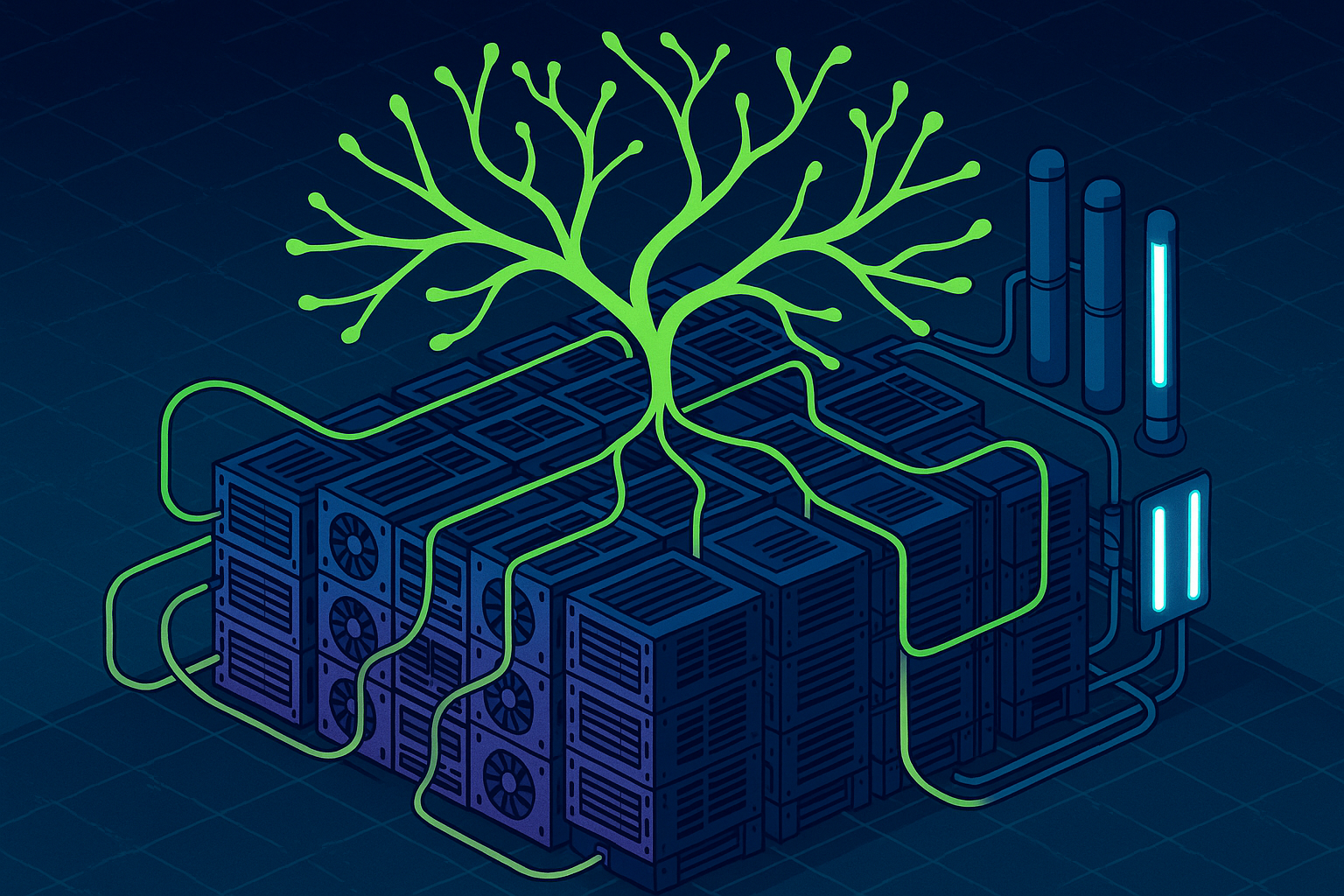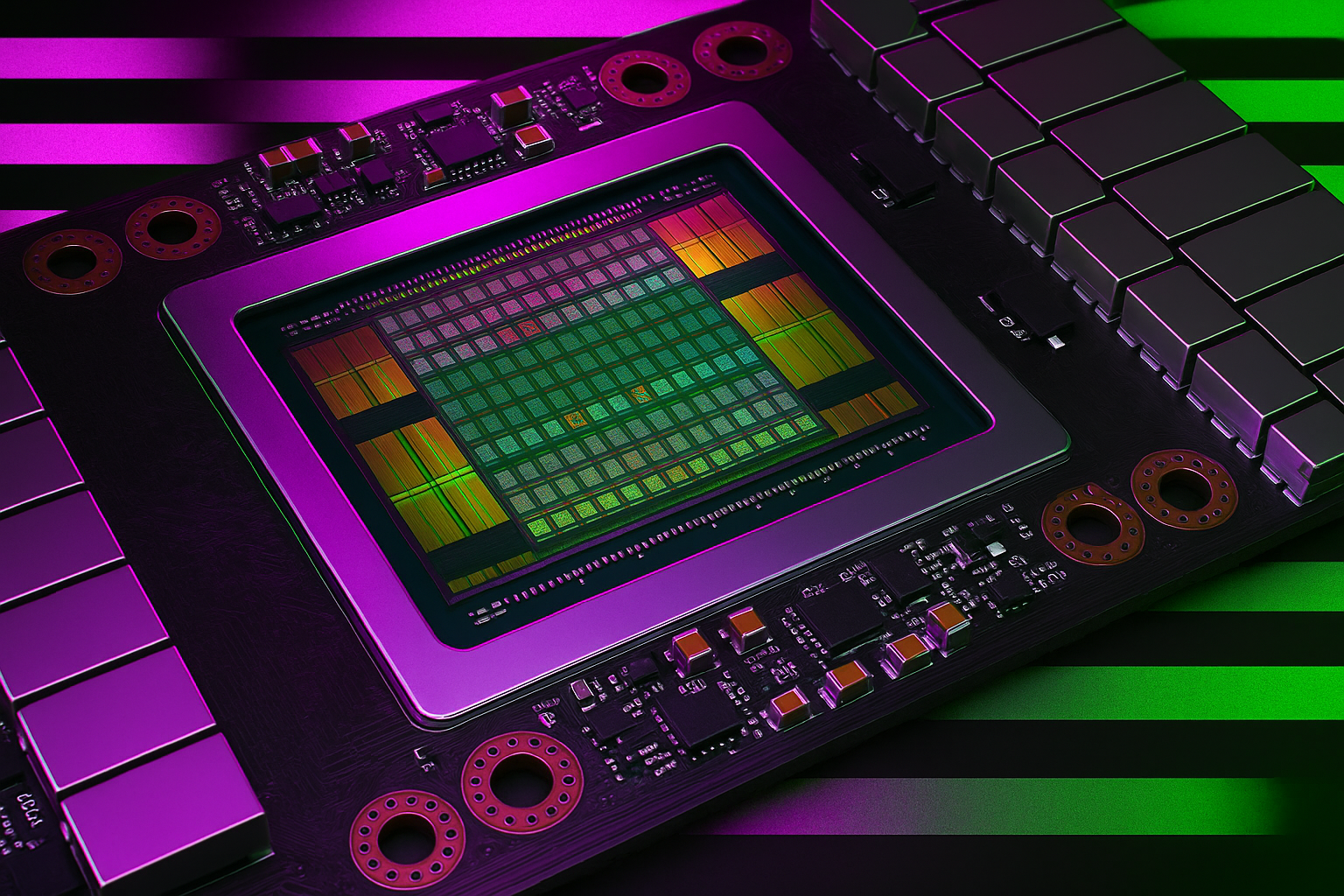New study maps how AI models think and where their reasoning breaks down
NeutralArtificial Intelligence

- A recent study analyzed over 170,000 reasoning traces from open-source AI models, revealing that large language models often resort to simplistic strategies when faced with complex tasks. This research introduces a cognitive science framework that categorizes thinking processes, highlighting areas where reasoning capabilities are lacking and identifying when additional guidance in prompts can be beneficial.
- Understanding how AI models think and where their reasoning breaks down is crucial for improving their performance and reliability. This study provides insights that can inform the development of more sophisticated AI systems, potentially leading to enhanced decision-making capabilities in various applications.
- The findings underscore ongoing challenges in AI reliability, particularly as models like Google's Gemini 3 Pro have been shown to struggle with factual accuracy despite being top performers. The exploration of cognitive processes in AI also parallels human reasoning, suggesting a need for continuous advancements in AI training methodologies to address issues such as catastrophic forgetting and improve overall reasoning capabilities.
— via World Pulse Now AI Editorial System






